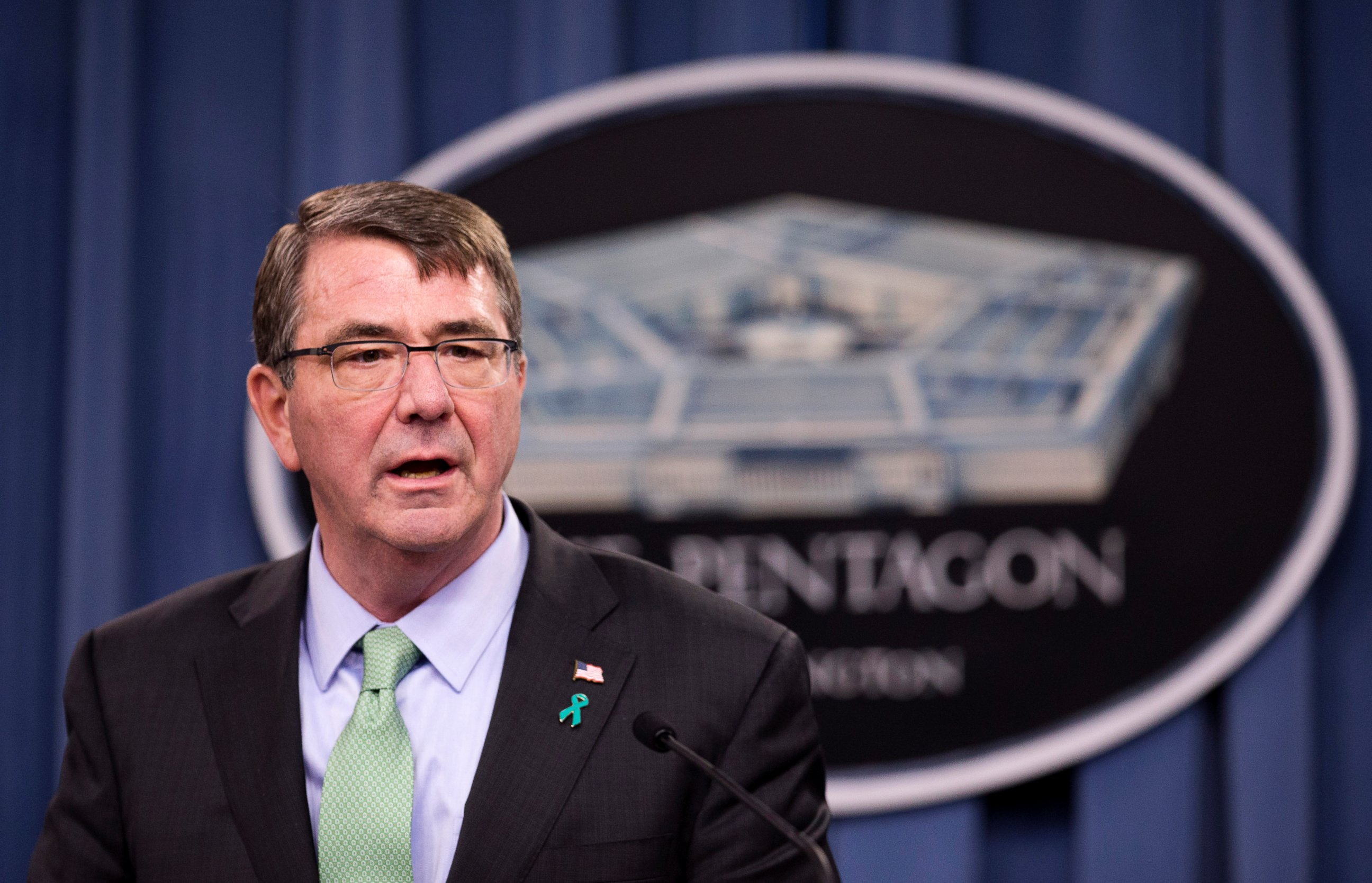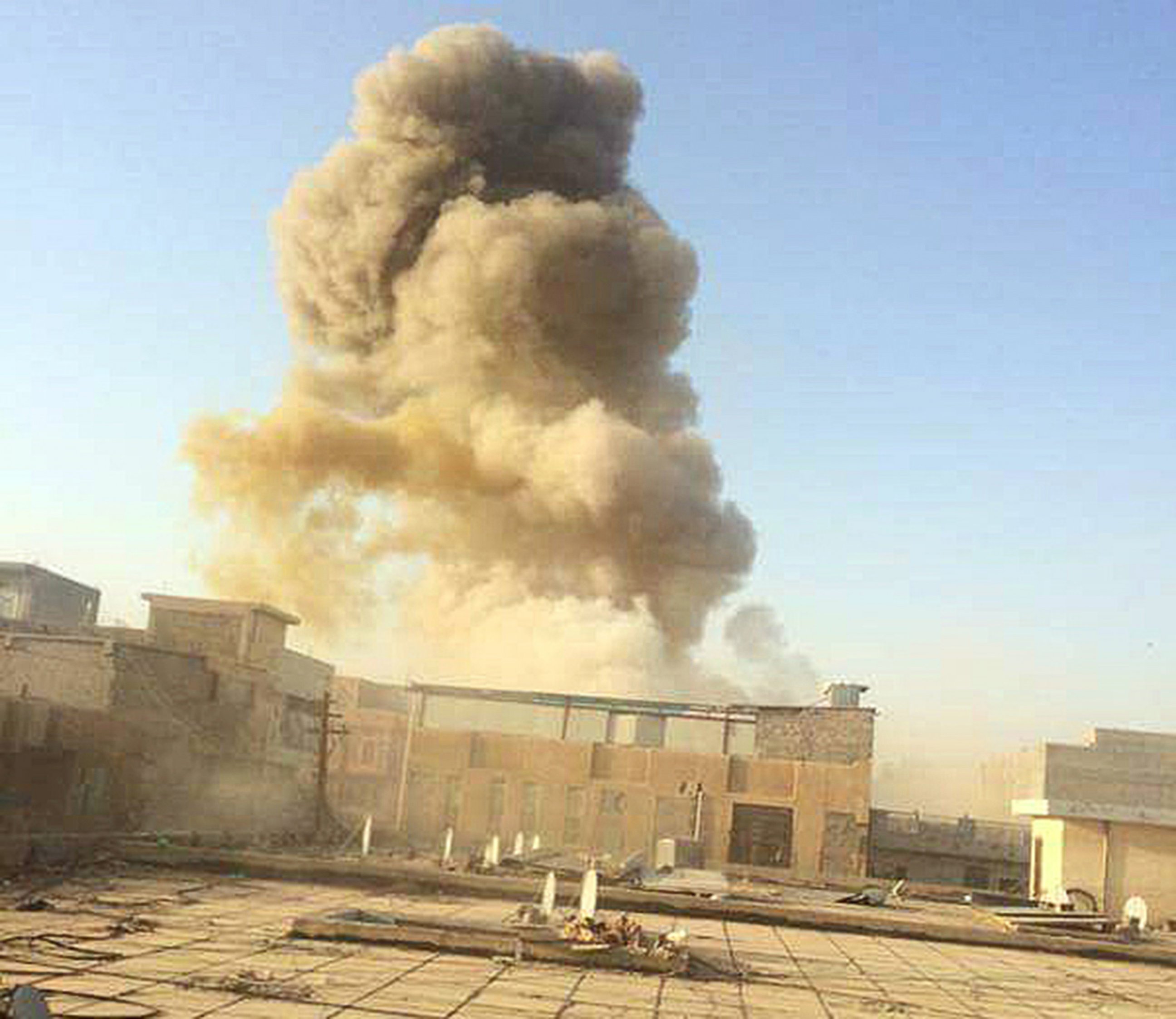US Defense Chief: Iraqis 'Showed No Will to Fight' ISIS in Ramadi
Defense Secretary Ash Carter says Iraqi forces "failed to fight" at Ramadi.
— -- Iraqi security forces have "showed no will to fight" in recent battles with ISIS, resulting in the group's alarming recent territorial gains, Defense Secretary Ash Carter said today.
"We have an issue with the will of the Iraqis to fight [ISIS] and defend themselves," Carter said in an interview on CNN. "We can give them training, we can give them equipment; we obviously can't give them the will to fight."
The unusual public rebuke of the Iraqi military, which the U.S. has been training and equipping for years, comes after a week of significant ISIS victories. The jihadist group took control of the key provincial capital of Ramadi and the ancient city of Palmyra. ISIS is now estimated to control half of Syria and broad swaths of Iraq.
In Ramadi, the Iraqi forces "were not out numbered, but in fact they vastly outnumbered the opposing force, and yet they failed to fight," Carter said.

The Pentagon has said the decision to withdraw from Ramadi was made by a local Iraqi commander for reasons that are not entirely clear.
"I don't believe anybody felt that Ramadi would fall, and I think it's of great concern to everyone," retired Gen. Peter Chiarelli, former Army vice chief of staff, said on ABC News "This Week."
The White House called the episode a "tactical setback" and vowed that there will be a counteroffensive. Republican critics of the administration say the ISIS gains reflect as much a lack of coherent U.S. strategy in Iraq as alleged weakness of the country's security forces.
One Iraqi lawmaker said Sunday that Carter's characterization of the Iraqi Security Forces (ISF) was "unrealistic and baseless," according to The Associated Press.

The "will to fight" issue among ISF is at the heart of President Obama's approach to Iraq, and one key reason why he's resisted calls for more aggressive U.S. military intervention to confront ISIS.
"I know that there are some in Republican quarters who have suggested that I've overlearned the mistake of Iraq, and that, in fact, just because the 2003 invasion did not go well doesn't argue that we shouldn't go back in," Obama told The Atlantic this week.
"I will continue to order our military to provide the Iraqi security forces all assistance that they need in order to secure their country, and I'll provide diplomatic and economic assistance that's necessary for them to stabilize. But we can't do it for them," Obama said.
A majority of Americans support U.S. airstrikes against ISIS in Iraq and Syria, but fewer back deployment of more boots on the ground, according to the most recent ABC News/Washington Post poll.




